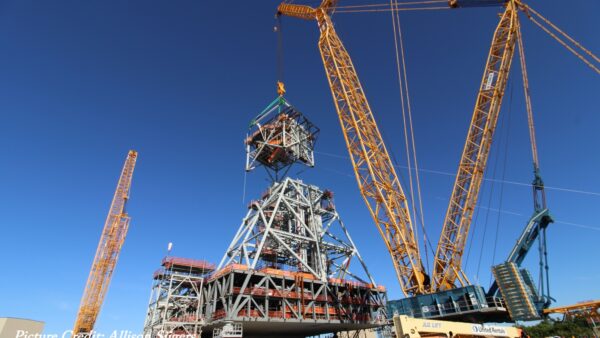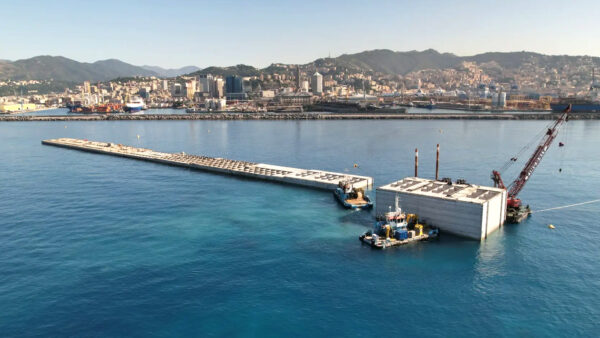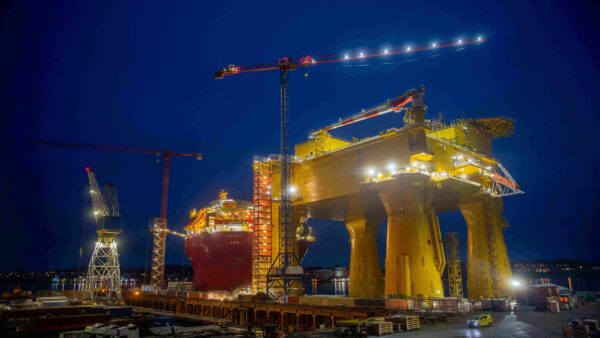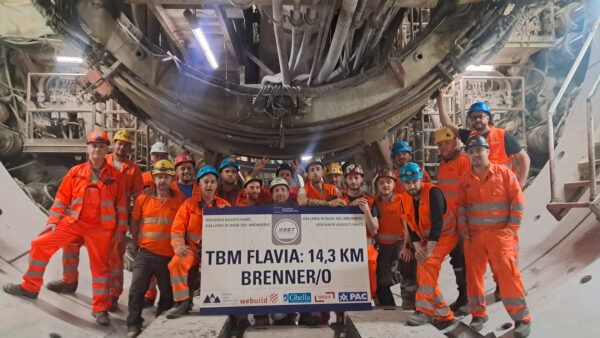Amid objections to the UK’s proposed new high-speed rail line from property owners, pressure groups, Conservative MPs, local authorities and economists, a new attack has been mounted from an unexpected quarter: 30,000 dead people.
The Church of England is objecting to the proposed route of the UK’s $84bn High Speed 2 (HS2) rail line because it will destroy several ancient cemeteries, including a 12th-century burial ground. According to church officials, more than 30,000 graves will have to be exhumed to make way for the fast trains.
The Archbishops’ Council made its criticisms in a petition to parliament against the HS2 (London-West Midlands) Bill, which grants the powers required to construct and operate phase one of HS2, between London and the West Midlands. It said the bill paving the way for the line did not provide for the bodies to be treated in a “decent and reverent” way.
The petition attacks the bill for failing to “strike a proportionate balance between the rights of the Church of England to manifest its religion … and the general needs of the community that are to be met by the works” on HS2.
The petition also says that by law, human remains interred in consecrated land are under the protection of the Church. The Department for Transport had responded by saying the remains would be treated with care.
HS2 is proving deeply divisive for the UK. In April, a paving bill for it passed comfortably in the House of Commons but led to a rebellion by 26 Tory MPs, and was passed only with the support of the opposition Labour party.
The latest challenge from within the Conservative party is from David Lidington, the Europe minister, who has threatened to resign if an extension to a 13.5km tunnel is not built under the Chiltern Hills at an additional cost of $1.6bn. He has since been joined by the justice minister, Jeremy Wright.
In the upcoming edition of Construction Research & Innovation magazine, GCR’s sister publication, there is an extended discussion of the case for and against HS2, and an interview with rail expert and London mayoral candidate, Christian Wolmar.
HS2 fails to strike a proportionate balance between the rights of the Church of England to manifest its religion and the general needs of the community that are to be met by the works– Archbishop’s Council’s petition to parliament
In it, Wolmar claims that the HS2 is the solution to a problem that doesn’t exist. He said: “There is no capacity crunch, because the West Coast Mainline is not fantastically overcrowded at the moment. And, okay, there isn’t a lot of room for any more train paths, but then is there the demand for them? And if it were a Birmingham issue, surely you could do up the Chiltern Line to such an extent that it would become a genuine alternative to the London-Birmingham section?”
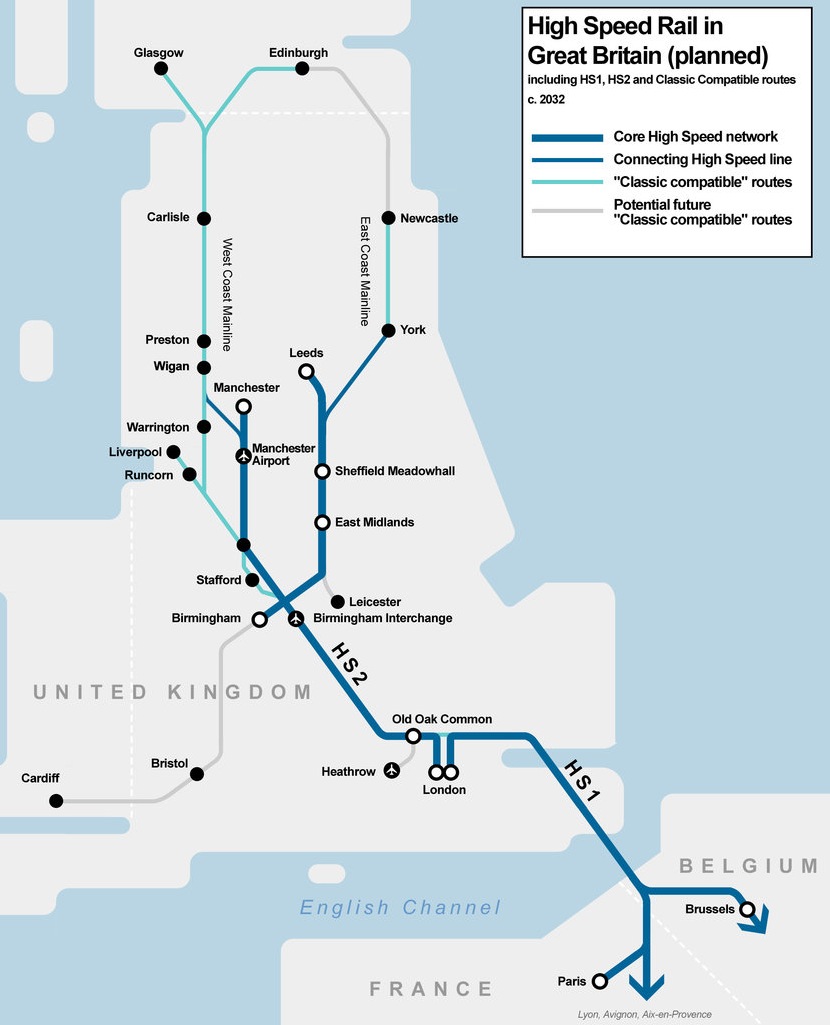
The plans for phases one and two of the network. The original link with HS1 has now been abandoned, although there will be an interchange with the trans-London Crossrail system at Old Oak Common (Wikimedia Commons)
He added: “One thing that’s clear is that it’s not the speed, because they’ve admitted that. It’s not taking people out of the air because we know that nobody flies to Birmingham, and not that many people fly to Manchester and those people will probably continue to that-so what is the problem that we’re addressing? Are we trying to free up places for freight? But then Coventry and Stoke and all those places left off the network will still need trains, and how many trains will they get? And if they get a much worse service, then that’s an odd price to be paying if you’re focusing on Leeds and Manchester and Birmingham. If they get the same amount of trains, then you’re not freeing up that much capacity on the West Coast mainline.”
Economy, capacity, environment
The case for HS2 was originally made in 2010 on the basis of regional development. A report by the accountant KPMG argued that 250,000 jobs would be created and that the UK economy would benefit to the tune of £15bn a year by the time the line was operational in the 2030s. These assertions were then subject to widespread criticism. Henry Overman, a professor of economic geography at the London School of Economics, and a former adviser on HS2, told a select committee of MPs that the figures were “essentially made up”.
The environmental case for the line was never strongly made by government, as most of its passengers are expected to transfer from the slower rail network rather than the high carbon modes of car and air. This has meant that the principal argument in favour of the line has come to rest on the future capacity crunch on the UK’s West Coast Mainline, which connects London and Manchester.
The second battleground is over whether the money for the line might be better spent on other aspects of the UK’s transport network. Wolmar comments: “If you wanted to build up the economy of the north, you’d build the Liverpool-to-Hull railway, that would be the most regenerative, transformational thing to do with the money; you’d unify all those towns and make them into mega regions to create a genuine alternative to London.”

